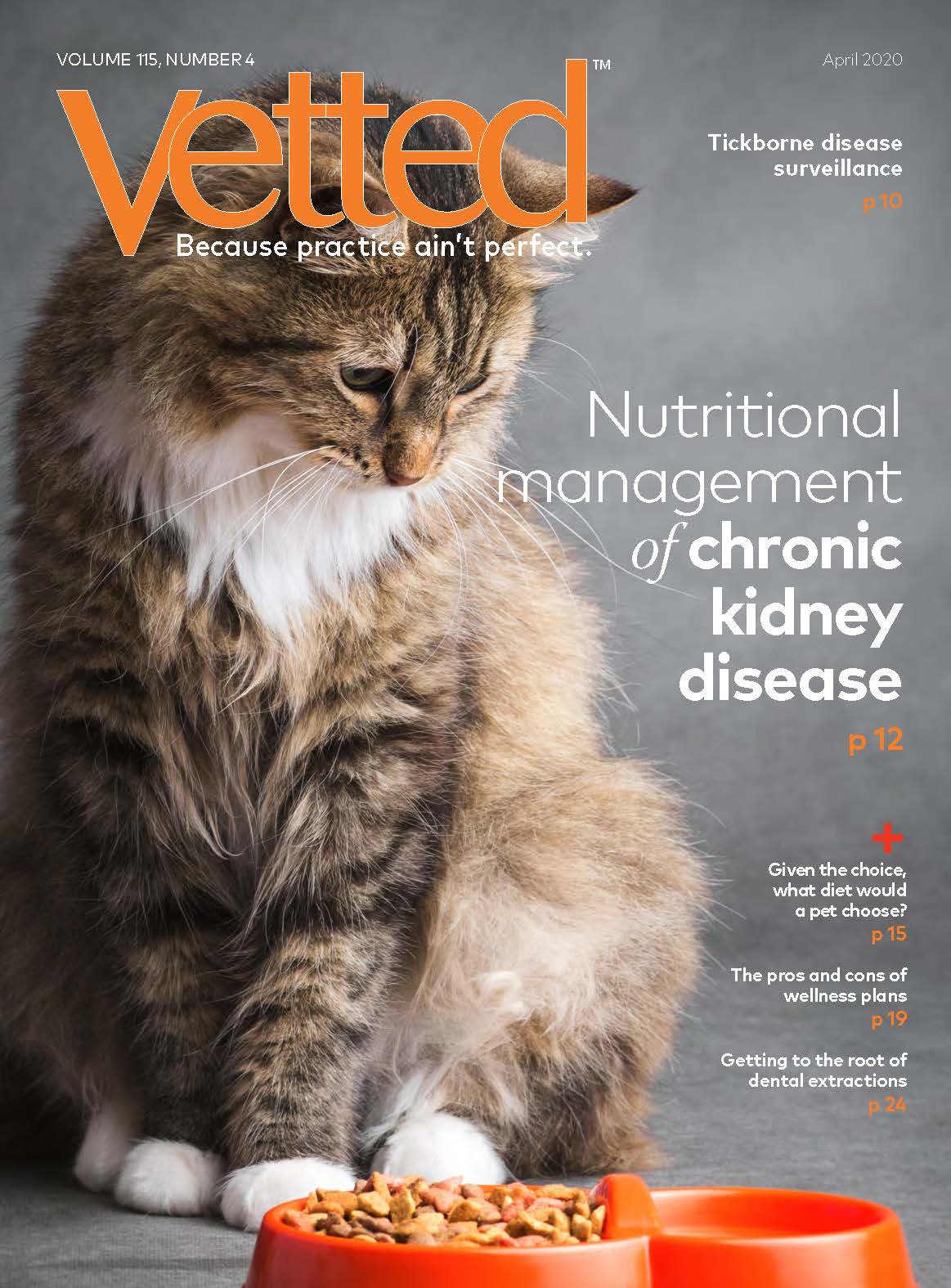The pros and cons of veterinary wellness plans
If you’re on the fence about whether to add wellness plans to your practice offerings, consider these obstacles and opportunities first.
luckybusiness /stock.adobe.com

It’s 2020, and despite the fact that we now live in a membership-driven society in which monthly payments for products and services are the norm, many veterinary practices remain uncertain about whether to offer wellness plans.
You’d be hard-pressed to find someone today who doesn’t have a car lease, a massage membership or a subscription to Amazon Prime, Disney+ or Netflix. These plans allow people to budget their discretionary income on a monthly basis in order to gain access to the things they want—sometimes getting unlimited access to certain services or discounts.
In light of this trend, veterinary practices may want to consider implementing wellness plans as a means to offer clients better access to your services and in turn allow you to care for more pets. Of course, there are two sides to every coin, so be sure to weigh the pros and cons before deciding what makes the most sense for your hospital, clients and patients.
Pros
Client convenience. Wellness plans offer clients the option to pay over time for a group of doctor-recommended preventive care services. This option can give some clients access to comprehensive pet wellness care that they otherwise may not be able to afford or may not want to pay for in a lump sum. The ability to budget is something that more and more clients need in order to provide the best care for their pets.
Loyalty. Offering a membership at your hospital can foster client loyalty. Practices can make their “members” feel like part of the “club” by offering them something special when they sign up and congratulating them on social media for choosing the best care available for their pet (“…and with our UNLIMITED exams, Smokey will never have to ‘wait and see’ before coming in to see Dr. Parker…”).
Proactive care. Wellness plans allow veterinary team members to be proactive in caring for pets rather than reactive when a pet becomes sick. Often, these plans incorporate annual early detection screening such as lab work or radiographs that can identify health problems early and allow you to address potentially serious issues before they become life threatening.
Better cash flow. Wellness plans can improve your hospital’s cash flow by generating steadier revenue over time, which may help alleviate any seasonal ups and downs. By offering monthly payment options for annual wellness services, you can expect the same payments month to month throughout the course of the year instead of the typical revenue surge during the warmer months.
Cons
Limited use. Wellness plans are hospital specific. If a pet needs emergency or specialist care, wellness plan coverage from your practice won’t apply. Additionally, clients who use multiple hospitals may decide wellness plans are not the best option for them. But don’t fall into the trap of making that decision for them; it’s much better to present clients with the option and let them decide.
Confusion about coverage. Clients can confuse wellness plans with pet insurance. Be sure to head this off at the pass by clearly explaining what your plan includes. This also presents a good opportunity to discuss how pet insurance can complement a wellness plan by allowing the client to budget additionally for accidents or illnesses their pet may experience.
Coming off as “salesy." Offering a wellness plan to a client at the wrong time can be seen as putting a sale ahead of the care of the pet. Be careful you don’t come across as pushy by putting your wellness plan before the medicine. Make recommendations for the pet’s wellness care, and then explain how your plan includes these recommendations and will allow the client to pay over time.
The bottom line
Just as Baby Yoda has single-handedly driven Disney+ subscriptions through the roof, wellness plans can help your hospital remain successful into the next millennium. When it comes to implementing them into your hospital and culture, always remember: Do or do not … there is no try.
